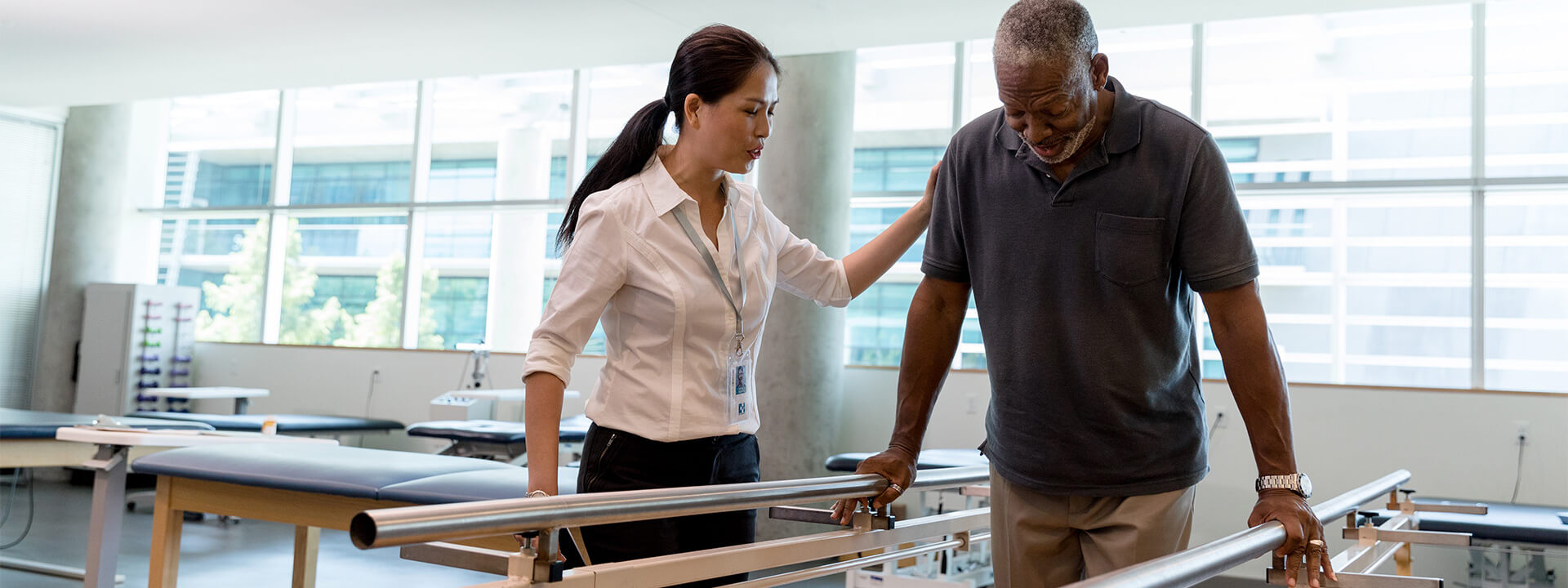Labyrinthitis and vestibular neuritis (sometimes referred to as vestibular neuronitis) are both infections of the inner ear that can cause dizziness, imbalance and nausea. Labyrinthitis may also cause ringing in the ears or hearing loss.
Most of the time, symptoms are acute, meaning they are short in duration and resolve on their own. In some cases, however, these symptoms become chronic, meaning they persist beyond a few weeks. In either case, it is important to visit an ear, nose and throat (ENT) specialist. The doctors at Sierra Nevada ENT can properly diagnose the issue and provide effective labyrinthitis treatment or vestibular neuritis treatment.
What Causes Labyrinthitis and Vestibular Neuritis?
The innermost part of the ear is called the labyrinth. The labyrinth contains organs and nerves responsible for hearing (cochlear) and balance (vestibular). Both labyrinthitis and vestibular neuritis occur as a result of inflammation in this portion of the ear. This inflammation is typically the result of a viral infection. Less commonly, it may be caused by a bacterial infection.
The primary distinction between labyrinthitis and vestibular neuritis is the site of the inflammation. When both the cochlear and vestibular portions of the are swollen, it is referred to as labyrinthitis. When just the vestibular portion is swollen, it is referred to as vestibular neuritis. As a result, the infections have both overlapping and distinct symptoms.
Common symptoms of both labyrinthitis and vestibular neuritis include:
- Vertigo, or the distorted sense that you or your surrounding are spinning or whirling; this is sometimes described more generally as “dizziness”
- A feeling of unsteadiness or imbalance
- Nausea and/or vomiting
- Sensitivity to motion
- Uncontrolled, jerky movement of the eyes, referred to as nystagmus
- The inability to concentrate or “brain fog”
Symptoms of labyrinthitis may also include:
- Ringing in the ears, referred to as tinnitus
- Loss of hearing
Labyrinthitis and Vestibular Neuritis Diagnosis
If you are experiencing any of the symptoms listed above, it is best to consult with a medical professional. Many other vestibular and neurological disorders present similarly to labyrinthitis and vestibular neuritis, and it is important to obtain a correct diagnosis from an ear, nose and throat (ENT) doctor.
The team at Sierra Nevada ENT specializes in diagnosing and treating labyrinthitis and vestibular neuritis. When a patient comes to our office, our doctors first take a detailed medical history and chart the onset, severity, frequency and duration of symptoms. We then perform a physical exam and hearing test. In some cases, we may request a Set of testing to include hearing test and balance test and/or magnetic resonance imaging (MRI) to rule out other neurological issues.
How to Get Treatment
Labyrinthitis treatment and vestibular neuritis treatment options vary and are dependent upon a patient’s diagnosis.
Acute labyrinthitis and vestibular neuritis often resolve on their own and can be aided by the following:
- Lying quietly in a dark, still room and/or avoiding lots of light, motion and noise
- Remaining hydrated by taking small, frequent sips of water
- Keeping your gaze on fixed objects
Chronic labyrinthitis and vestibular neuritis occur when symptoms persist beyond a few weeks. This can be highly disruptive to daily functions and even lead to long-term damage. Labyrinthitis and vestibular rehabilitation treatment may include:
- Prescription medications, such as antibiotics (if the infection is bacterial), anti-nausea or dizziness medication (not recommended over the long-term), or anti-inflammatories
- Balance therapy, also referred to as “vestibular rehabilitation therapy”
Balance therapy is a form of physical therapy that teaches your body and your brain to compensate for disruptions to your sensory system. It has proven highly effective when treating vestibular disorders such as labyrinthitis and vestibular neuritis.
Sierra Nevada ENT’s state-of-the-art Center for Balance Center offers an advanced Vestibular and balance therapy program. Our therapists tailor labyrinthitis and vestibular neuritis treatment to each individual, helping patients reduce dizziness, gaze instability and imbalance and return to normal daily function.
